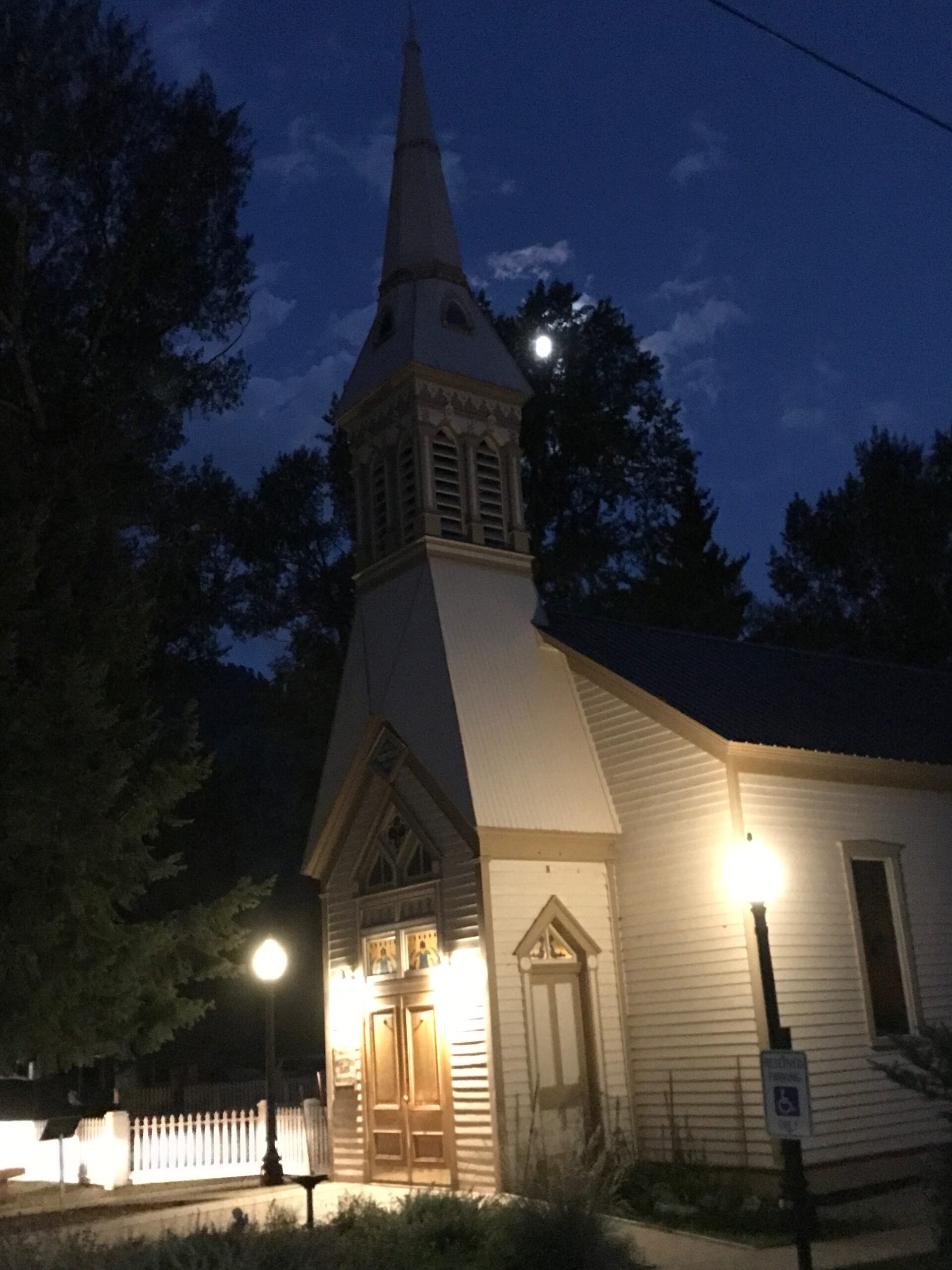
John 1:1-16
In the beginning was the Word, and the Word was with God, and the Word was God. He was in the beginning with God. All things came into being through him, and without him not one thing came into being. What has come into being in him was life, and the life was the light of all people. The light shines in the darkness, and the darkness did not overtake it.
There was a man sent from God whose name was John. He came as a witness to testify to the light, so that all might believe through him. He himself was not the light, but he came to testify to the light. The true light, which enlightens everyone, was coming into the world. He was in the world, and the world came into being through him, yet the world did not know him. He came to what was his own, and his own people did not accept him. But to all who received him, who believed in his name, he gave power to become children of God, who were born, not of blood or of the will of the flesh or of the will of man, but of God.
And the Word became flesh and lived among us, and we have seen his glory, the glory as of a father’s only son, full of grace and truth. (John testified to him and cried out, “This was he of whom I said, ‘He who comes after me ranks ahead of me because he was before me.’ ”) From his fullness we have all received, grace upon grace.
Reflection
There are passages in the Scriptures, that no matter how many times I read them, they still strike a chord deep within my soul. This selection from the first chapter of John is one of them. The Gospel of John differentiates itself from the other Gospels; we refer to Matthew, Mark, and Luke as the synoptic gospels because they share a certain chronology and structure. The Gospel of John, however, offers the reader/hearer a chance to engage in a more theological portrayal of the story of Jesus Christ. While John still includes many narratives about Jesus Christ, his concern is that the storyline supports the central concepts behind them. Consequently, sometimes John likes to wax theologically. Our text for today is a perfect example.
While the Gospels of Matthew and Luke collectively offer much in terms of the literal story of Christ’s incarnation, John takes us beyond the actual events that happened. John looks at the whole storyline from an abstract, beyond the boundaries of our senses sort of way. John calls Jesus “the Word.” In Greek the word is logos, and it literally means, “word,” “reason,” or “plan.” So when John says that the Word was there in the beginning, and that it was with God, and that it was God, he is making one of the most powerful claims of any New Testament book. In this way, Christ as the “Word” or the essence of “reason” stands in the background of all things in the universe. God’s “plan” is found in our understanding of Jesus as the logos.
Put differently, the other Gospels give us a storybook narrative through which to comprehend the miracle of God becoming human in the form of a babe. John, on the other hand, makes a much stronger assertion about who Jesus is in this world and in the realm beyond ours. Jesus wasn’t just the earthly Messiah to lead Israel back to a place of power and prosperity. Nor was Jesus only the natural outcome of the ultimate Divine being becoming part of the creation.
As John asserts, Jesus was and is the essence through whom all things were created. He has no beginning or end; he just is. John holds that Jesus is consubstantial with the Father (as in the same substance). Moreover, Jesus is God, without separation. Jesus may be distinct from the Father but still the same substance and without division. John makes all these powerful claims about who Christ is, in just the first sentence. John conceptualizes the whole birth narrative in a different realm.
Imagine how differently we might see Christ’s birth narrative without John’s imagery. God sent himself to our world and took on the metaphysical nature of a created human being, chose to be born into this world, and had to face the knowledge of certain death. Despite his sinlessness, the anxiety of earthly death was still cast upon him. In part, the majesty of God’s incarnation is realized in our understanding of who “the Word” is in relationship to the Divine. God sent himself to save us. For me, that makes his “dwelling among us” all the more meaningful, especially during this holy season of Christmas.
